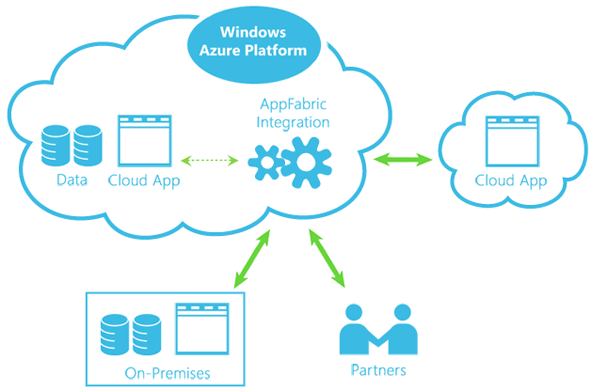


Microsoft Azure, often referred to as Azure, is a cloud computing service operated by Microsoft for application management via Microsoft-managed data centers.Microsoft Azure, formerly known as Windows Azure, is Microsoft's public cloud computing platform. It provides a range of cloud services, including compute, analytics, storage and networking.Many popular companies use Azure: eBay, Boeing, Samsung, and BMW are a few. In terms of market share, Azure has been growing fast. While it doesn't have as much of the market as AWS, it does have much more of the market than Google Cloud. When it comes to Azure vs. AWS, many companies choose Azure because they are already on a Microsoft architecture and feel that it is both intuitive and reliable. Benefits of Azure over AWS include compatibility with .NET, robust security offerings, hybrid solutions for on-premise connectivity, and Microsoft's Enterprise Agreement (which provides superior support). However, there are benefits to AWS as well, and there are many professionals who can transition smoothly between both Azure and AWS environments.
Microsoft Azure has been described as a "cloud layer" on top of a number of Windows Server systems, which use Windows Server 2008 and a customized version of Hyper-V, known as the Microsoft Azure Hypervisor to provide virtualization of services.Azure facilitates easy mobility and a reliable consistent platform between on-premise and public Cloud. Azure provides a broader range of hybrid connections including virtual private networks (VPNs), caches, content delivery networks (CDNs), and ExpressRoute connections to improve usability and performance.The Azure platform is secure, scalable and provides performance-efficient storage services in the cloud. If you need to scale up, it is as easy as changing the settings where you specify the number of processors for the applications to use.